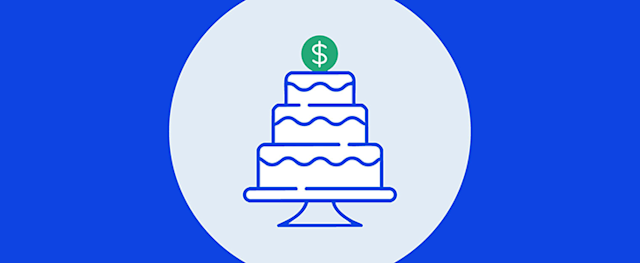How to Avoid Surprises on Your Tax Bill

Summary
If you negotiated with your credit card companies, you may be in for a shock when you file your income taxes.
If, as part of your plan to get your finances on track in 2015, you negotiated with your credit card companies to cut the amount you owe, you may be in for a bit of a shock when you file your income taxes. The IRS counts any amount of debt that is "forgiven" by your creditors as income.
For example, if you owed $10,000 and your cardholder agreed to accept $6,000 as payment in full, you'll receive a Form 1099-C from the company and will have to pay income taxes on the remaining $4,000.
That's just one of several little known types of taxable income that could cause you to owe the IRS more than you expected. Here are some other tax surprises you should know about.
- Early withdrawals from your retirement plan: If your budget was tight last year and you took money out of your retirement plan before reaching age 59 ½, you have to pay a 10 to 25% early withdrawal penalty tax in most cases. The tax percentage depends on the type of plan you withdrew the money from. The amount of money you withdrew is also counted as income and you'll pay regular income taxes on it as well.
- Life insurance: If you surrendered a life insurance policy because you needed cash, the amount you received is considered income and is taxable.
- Non-cash income: Many people stretch their budgets by bartering, exchanging goods or services rather than paying cash. If you got two months of groceries in exchange for helping the store install a new inventory system, for example, the value of the groceries has to be reported as income on your taxes. You should receive a Form 1099-B from the person you bartered with and you should provide them with the same form listing the value of the goods or services you provided to them.
- Work bonus: The bulk of cash bonuses people receive at work are taxed at 28%. If your employer did not withhold the taxes when giving you the bonus, you're responsible for paying them when you file your income taxes.
- Unemployment benefits: The jobless benefits you receive from the government are taxable income. To avoid being hit with a larger than expected amount of taxes due, you can arrange to have taxes withheld from your unemployment checks or make quarterly estimated tax payments.
Other money that you might not think of as income but that the IRS does includes alimony payments (but not child support), prize winnings (both cash and non-cash prizes are counted as income and subject to income taxes), and jury duty pay. For a full list of types of taxable income, visit this page on the IRS website.
If you find yourself facing a larger than expected tax bill because of these unusual types of income, it's best to talk with the IRS and negotiate a payment plan rather than using a high-interest credit card to pay your taxes all at once.
This article is for general education and informational purposes, without any express or implied warranty of any kind, including warranties of accuracy, completeness, or fitness for any purpose and is not intended to be and does not constitute financial, legal, tax, or any other advice. Parties (other than sponsored partners of OneMain Financial (OMF)) referenced in the article are not sponsors of, do not endorse, and are not otherwise affiliated with OMF.


